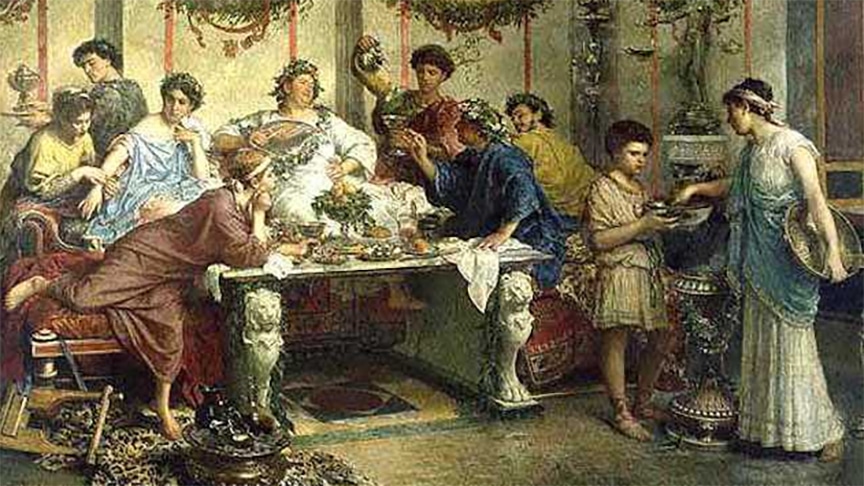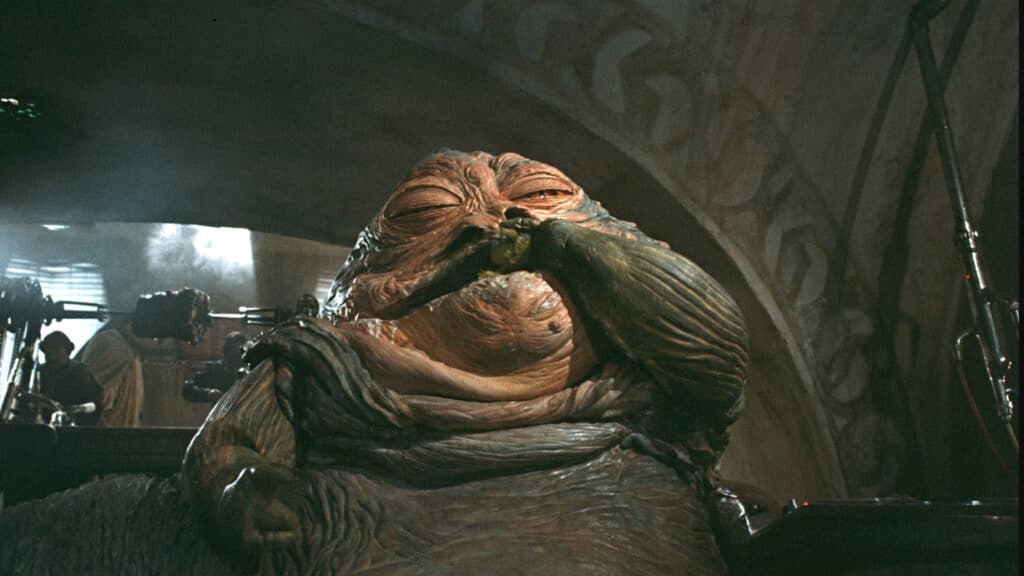When you think of hedonistic icons usually the ancient Greeks spring to mind. Philosophers like Epicurus, Callicles and Aristippus, and even the Greek God Dionysus are prime examples of hedonism.
What is Hedonism?
Hedonism, often misunderstood and sometimes maligned, is a philosophical doctrine that places pleasure and happiness at the center of human existence.
It has been the subject of contemplation and debate for centuries, with proponents arguing that the pursuit of pleasure is the ultimate goal of life, while critics raise concerns about its potential pitfalls and ethical implications.
At its core, hedonism posits that the ultimate purpose of human life is the pursuit of pleasure and the avoidance of pain.
Pleasure is considered the highest good, and everything we do, consciously or subconsciously, is driven by our desire for pleasurable experiences and the reduction of suffering.
This pursuit of pleasure can take many forms, including physical, intellectual, emotional, and even spiritual.
Historical Roots of Hedonism

The birthplace of hedonism can be found in ancient Greece, where philosophers laid the foundations for this ethical theory.
Democritus, a pre-Socratic philosopher, believed that pleasure was the highest good and that it should guide human actions.
He argued that happiness could be attained by maximizing pleasure and minimizing pain, a concept central to hedonistic thought.
The philosopher Epicurus is often associated with a refined form of hedonism known as Epicureanism.
He believed that the pursuit of pleasure should be tempered with wisdom and moderation, emphasizing simple pleasures and the avoidance of unnecessary desires as the key to a tranquil and pleasurable life.
Hedonism experienced a revival during the Renaissance, when thinkers like Michel de Montaigne and Francois Rabelais embraced the pleasures of life and celebrated human sensuality in their writings.
However, it wasn’t until the Age of Enlightenment that hedonism underwent a significant transformation.
English philosopher Jeremy Bentham is credited with developing the modern utilitarian form of hedonism.
He introduced the principle of the “greatest happiness of the greatest number” and sought to create a systematic ethical framework based on the pursuit of pleasure and the avoidance of pain.
Bentham’s utilitarianism aimed to quantify pleasure and pain, making them the basis for moral decision-making.
Today, hedonism continues to influence discussions on ethics, human motivation, and the pursuit of happiness.
Jabba: Hedonist

Just like the Greeks were big on hedonism a long time ago, we’d like to talk about another example of a hedonist, one found in a galaxy far, far away.
We mean Jabba the Hutt, of course.
This corpulent, slug-like crime lord may not fit the traditional mold of a hedonist icon, but just take a look at his lifestyle and values.
They reveal a character that embodies indulgence, excess, and a complete disregard for conventional morality.
Jabba’s lifestyle appears to be nothing more than a sinister pursuit of power and wealth.
However, beneath his insatiable appetite for control lies a profound commitment to hedonistic pleasures.
Jabba’s palace on Tatooine is a testament to this dedication, featuring a vast array of decadent amenities and exotic entertainments.
The palace is a hub of opulence, filled with dancers, musicians, and slaves who exist solely to cater to Jabba’s insatiable desires.
Jabba keeps a harem of enslaved individuals who cater to his every whim. These unfortunate souls serve as both symbols of his power and objects of his pleasure.
The Twi’lek dancer Oola and the slave Leia Organa are prime examples of how Jabba uses his wealth and power to satisfy his desires and amuse himself at the expense of his subjects and his enemies, with torture and humiliation.
The Body of a Hedonist
Jabba’s physical appearance also mirrors his hedonistic tendencies.
His grotesque obesity and slothful demeanor are physical manifestations of a life consumed by the pursuit of pleasure.
Jabba’s love for gourmet food and drink is legendary. His banquets are extravagant affairs, featuring delicacies from countless worlds.
The Hutt’s penchant for overindulgence is evident in his bloated appearance, which reflects his gluttonous lifestyle.
His unapologetic indulgence in exotic food and drink, as well as his preference for lounging on his dais, reinforce this image.
Hedonism and Hutt Appetites

While Jabba’s lifestyle revolves around personal pleasure, it also involves the exercise of control and dominance over others.
He revels in the power he wields over his subjects and slaves, using fear and coercion to maintain his position.
This sadistic enjoyment of authority adds another layer to his hedonistic persona, as the exertion of power can be a source of pleasure for some.
His insatiable appetite for power and wealth is another dimension of his character that adds depth to his portrayal.
Jabba’s cunning and manipulative nature make him a formidable force in the criminal underworld.
He uses his hedonistic lifestyle as a smokescreen to conceal his true intentions, making him a complex and intriguing character.
Jabba the Hutt’s Morality: Its Own Brand of Hedonism
Perhaps the most defining aspect of Jabba’s hedonism is his complete disregard for conventional morality.
He operates outside the boundaries of law and ethics, freely engaging in criminal activities such as smuggling, gambling, and enslavement.
His lack of remorse or guilt for his actions is emblematic of a worldview that prioritizes personal pleasure above all else.
Throughout his criminal career, Jabba demonstrated a complete absence of loyalty to anyone but himself.
He was quick to betray associates, even those who had served him faithfully for years, if he saw a greater personal benefit in doing so.
This lack of morality ultimately was what led to his downfall.
His actions alienated potential allies and attracted powerful enemies, including the Rebel Alliance.
In the end, it was Princess Leia, aided by Luke Skywalker and Han Solo, who brought about his demise, delivering a measure of justice to the ruthless crime lord.
Conclusion
While Jabba is not the typical hedonistic icon, it’s pretty clear that he fits the definition. He was in constant pursuit of pleasure, both physical and mental.
Known throughout the galaxy for his insatiable appetite for pleasure and extravagance, Jabba is more than just a crime lord in the Star Wars universe; he is a hedonist icon.
He may be despised for his criminal activities, but Jabba’s unapologetic indulgence in life’s pleasures and his iconic presence in the Star Wars saga make him a character worth remembering, both as a villain and a hedonist.

